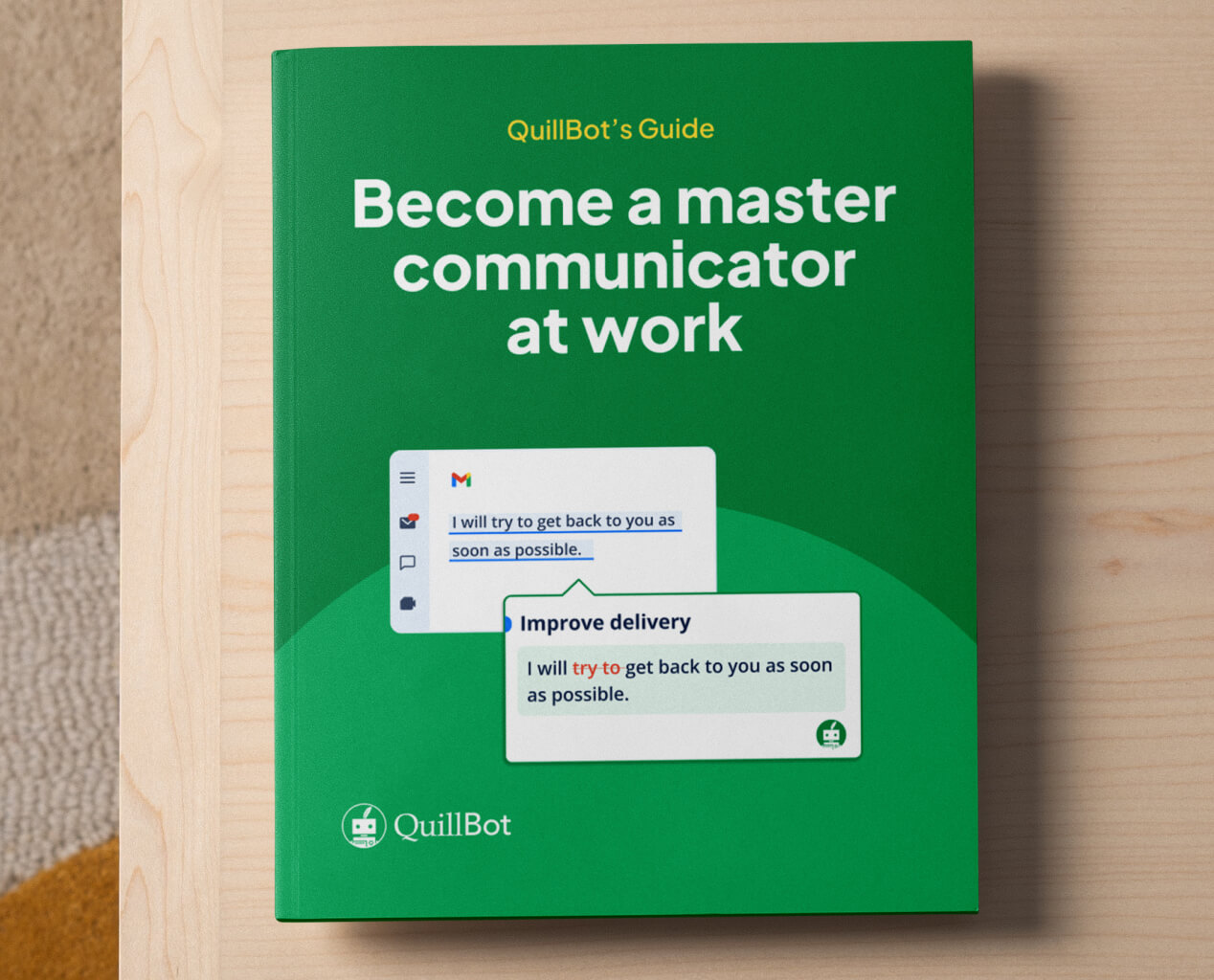Coordinating Conjunctions | Examples, Meaning & List
A coordinating conjunction is a type of conjunction used to connect two words, phrases or clauses that are grammatically equal. There are seven coordinating conjunctions in the English language. You can remember these using the mnemonic FANBOYS: “for,” “and,” “nor,” “but,” “or,” “yet,” and “so.”
These words can have other functions, but “and,” “but,” and “or” are mainly used as coordinating conjunctions.
Coordinating conjunctions indicate the relationship between the elements they connect, such as addition (“and”), contrast (“but”), choice (“or”), and result (“so”).
Knowing about coordinating conjunctions helps us to use commas correctly.
The film was good but very long.
Do you want still or sparkling water?
Summarize this page with ChatGPT
What is a coordinating conjunction?
Coordinating conjunctions link together individual words, phrases (parts of sentences) or clauses that are grammatically independent of each other (i.e., independent clauses).
The letter was on the table but under a pile of books. [connecting phrases]
We can go to the movies, or we can stay home and play board games. [connecting grammatically equal clauses]
There are only seven words that are usually classified as coordinating conjunctions.
Three of these—“and,” “but,” and “or”—primarily function as coordinating conjunctions. But the remaining four are frequently used to perform different grammatical functions.
As shown in the last example above, we use a comma when linking two independent clauses with a coordinating conjunction.
FANBOYS acronym
The acronym FANBOYS is an easy way to remember the seven coordinating conjunctions in the English language.
| Meaning | Example | Tip | |
|---|---|---|---|
| For | Reason | The sun was already shining, for it was the middle of summer. | “For” is not commonly used as a coordinating conjunction in modern English. |
| And | Addition | She finished the project on time and on budget. | “And” mainly functions as a coordinating conjunction. |
| Nor | Negative addition | The shop assistant did not give a refund, nor would he exchange the item. | “Nor” is quite formal when used as a coordinating conjunction. |
| But | Contrast | The teacher was strict but fair. | “But” mainly functions as a coordinating conjunction. |
| Or | Choice/ alternative |
You can take the exam this semester or next semester. | “Or” mainly functions as a coordinating conjunction. |
| Yet | Contrast | The teacher was strict yet fair. | “Yet” is more formal than “but.” |
| So | Result | I failed the exam, so I’ll have to take it next semester. | “So” also has many other common functions (e.g., it’s frequently used as a conjunctive adverb). |
Coordinating and subordinating conjunctions
If a conjunction is not one of the seven coordinating conjunctions (FANBOYS), then it is probably a subordinating conjunction.
Subordinating conjunctions often comprise more than one word, and express a variety of meanings.
| Meaning | Subordinating conjunction |
|---|---|
| Condition | I’ll do the report for you as long as you help me with the proposal. |
| Time | He only suggested it after I mentioned it at the meeting. |
| Purpose | Put your keys in your bag now so that you don’t forget them. |
| Place | We can meet wherever it is most convenient for you. |
| Contrast | Despite the fact that I reminded her twice, she still forgot my book. |
When coordinating conjunctions connect clauses, the clauses are independent clauses. This means they are grammatically equal.
Subordinating conjunctions connect an independent clause and a dependent clause. This means the clauses are grammatically unequal.
The dependent clause includes a subordinating conjunction. You cannot make a complete sentence from a dependent clause because it will lack essential information.
- Because it has a good battery.
However, you can make a complete sentence from an independent clause.
- I still need a case for it.
Commas with coordinating conjunctions
Put a comma before a coordinating conjunction if it is linking two clauses.
- The guests arrived early, so they had to wait.
- The guests arrived early so they had to wait.
You can use a comma before “and” and “or” at the end of lists (three or more items). This is called the Oxford comma. Using the Oxford comma is not mandatory. However, if you do use it, it’s important to use it consistently throughout your text.
We offer a choice of chicken, fish, or tempeh.
Don’t use a comma to link two words or phrases.
| Comma linking two words examples | Comma linking two phrases examples |
|---|---|
|
|
Frequently asked questions about coordinating conjunctions
- Is “but” a coordinating conjunction?
-
Yes, “but” is a coordinating conjunction.
It is used to connect grammatically equal clauses (independent clauses), phrases, and words (e.g., “The film was good but long”).
- Is “because” a coordinating conjunction?
-
No, “because” is not a coordinating conjunction. Instead, it is classified as a subordinating conjunction when used in sentences like this: “I bought this phone because it has a good battery.”
The inclusion of “because” in the clause “because it has a good battery” makes it a dependent clause. This clause cannot stand alone as a complete sentence and relies on the independent clause “I bought this phone” to complete its meaning.
- Is “however” a coordinating conjunction?
-
No, “however” is not a coordinating conjunction. Instead, it is classified as a conjunctive adverb or a discourse marker when used in sentences like this: “However, I would not recommend using the product to clean plastic surfaces.”
- Is “since” a coordinating conjunction?
-
No, “since” is not a coordinating conjunction. It functions as a subordinating conjunction in sentences like these:
- “Since you’re here, why don’t we talk about your assignment.”
- “I haven’t been for a run since we got back from vacation.”
Cite this QuillBot article
We encourage the use of reliable sources in all types of writing. You can copy and paste the citation or click the "Cite this article" button to automatically add it to our free Citation Generator.
Challenger, T. (2025, December 31). Coordinating Conjunctions | Examples, Meaning & List. Quillbot. Retrieved February 16, 2026, from https://quillbot.com/blog/sentence-and-word-structure/coordinating-conjunctions/

